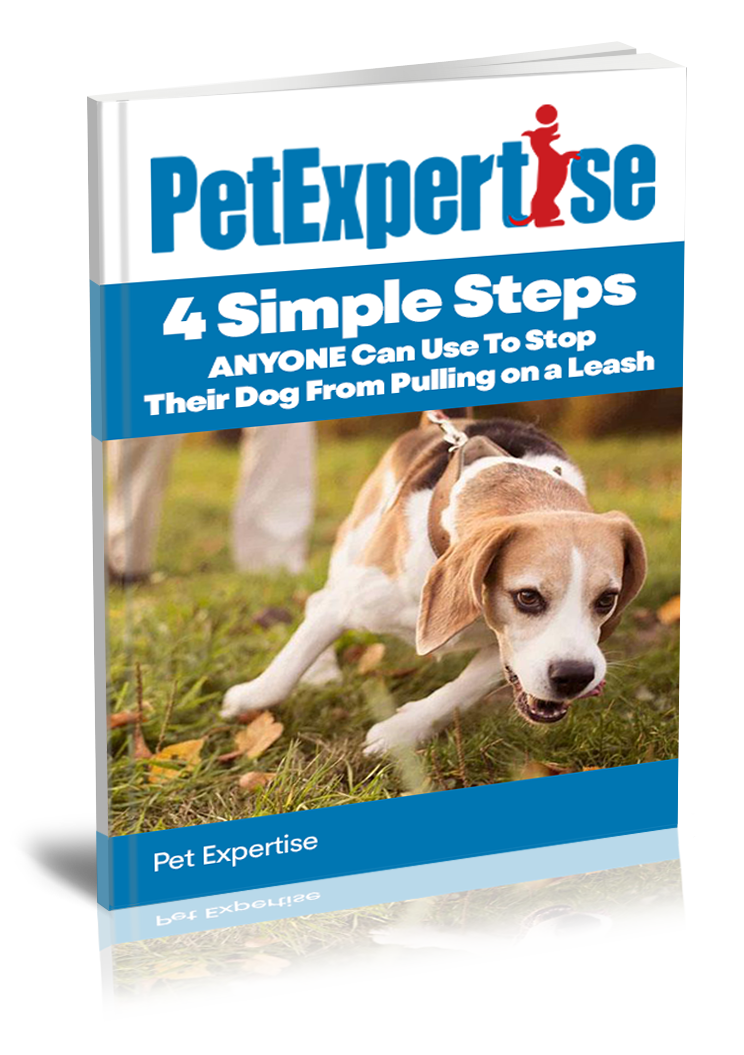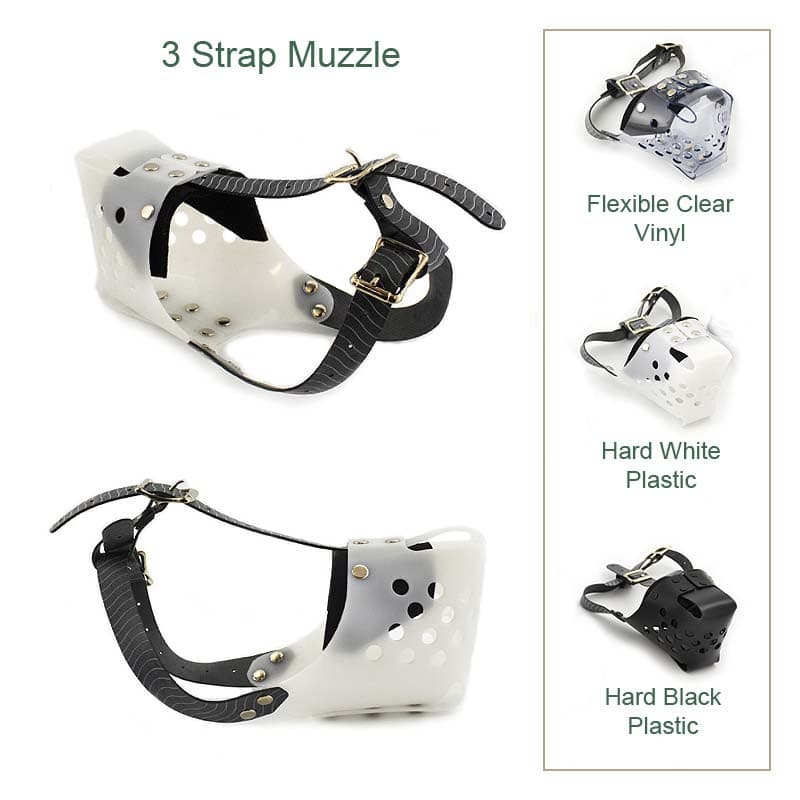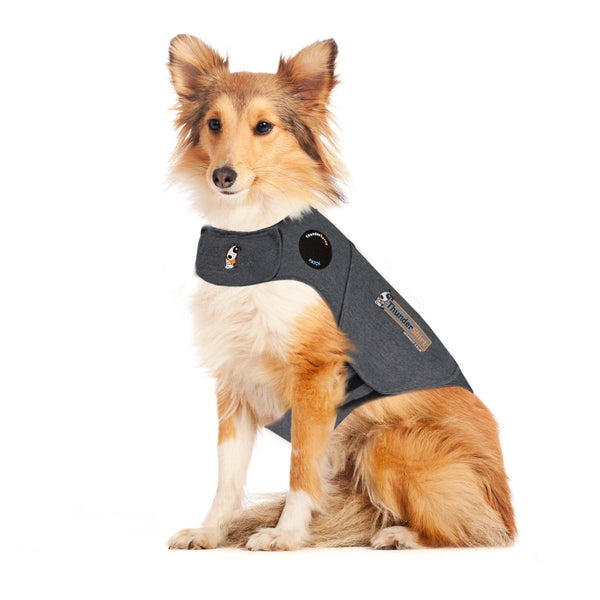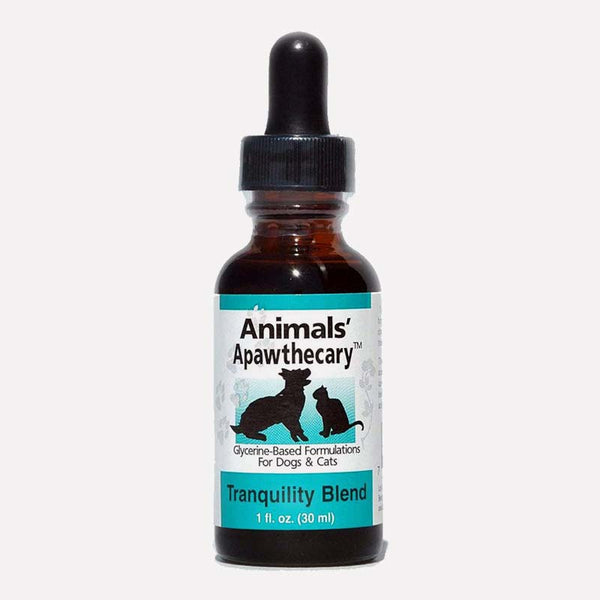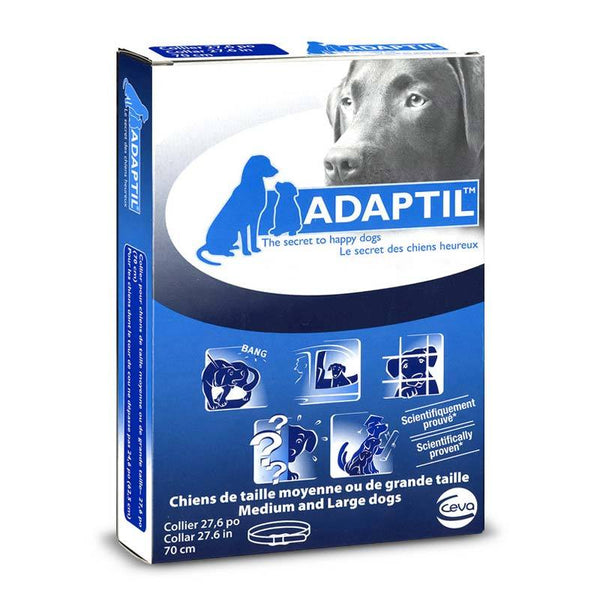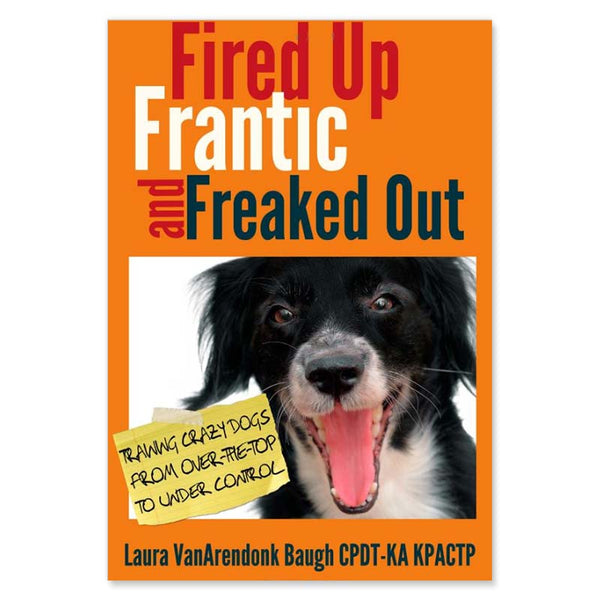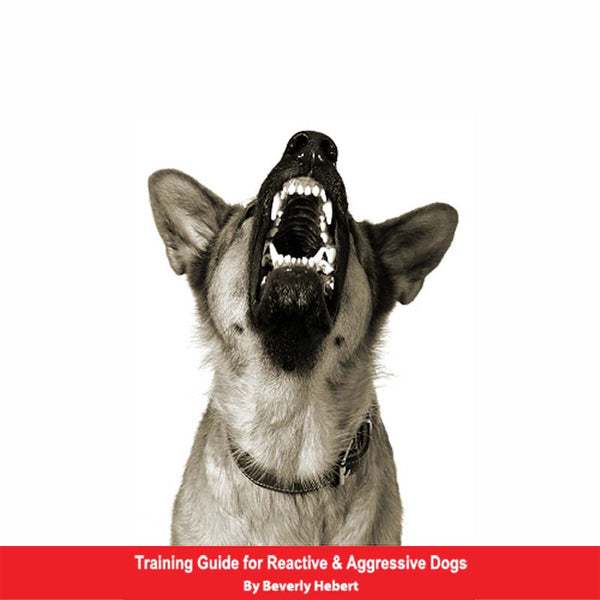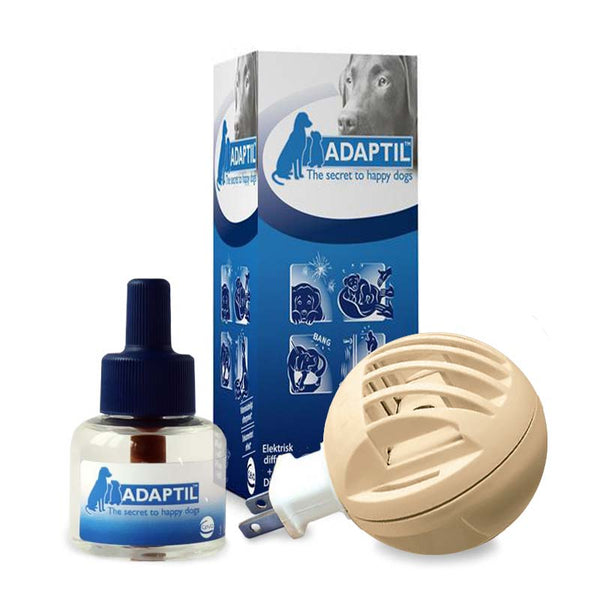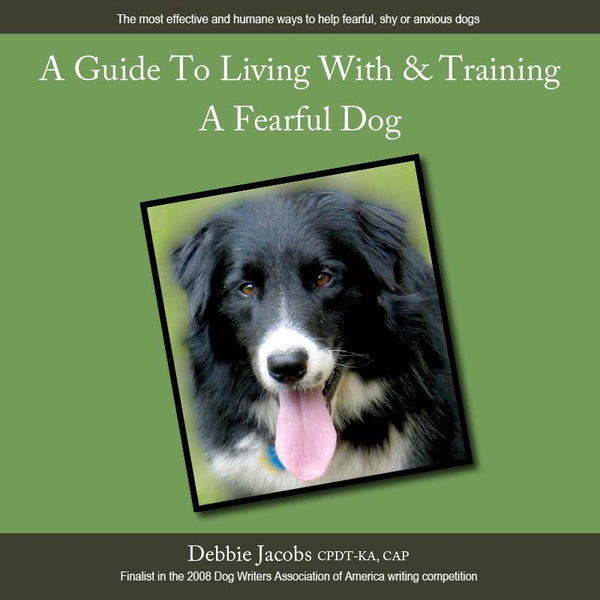Using Melatonin to Help Anxious Dogs by Amy Cook, PhD

Is your dog anxious? Perhaps melatonin can help. Melatonin has been found to be helpful for dogs with thunder-phobia, other noise-related reactions and other stressful situations. It has been used effectively to reduce seizures in dogs that seize between 11:00 PM and 6:00 AM. Owners of epileptic dogs report that it also seems to lessen the frequency and/or severity of seizures at other times of the day. Melatonin is a naturally occurring substance produced by the pineal gland in the brains of mammals. It is, by definition, a hormone and has been found to be involved in circadian rhythms - those inner cycles that tell all mammals when to sleep and when to wake. In recent years, synthetic melatonin has been marketed for people as a "natural" aid to sleeping. In the May 2000 issue (Volume 3, Number 5) of The Whole Dog Journal is an article on melatonin and the positive results with noise and thunder-phobic dogs. The article includes comments by Dr. Dodman and Dr. Linda Aronson.
The Journal of the American Veterinary Medical Association, Volume 215, No. 1, July 1999 refers to melatonin, as does "Vet Med Today: Animal Behavior Case of the Month" by Linda Aronson, DVM, MA; from the Department of Clinical Studies, School of Veterinary Medicine, Tufts University, North Grafton, MA. Dr. Aronson’s dosage recommendation is: "To treat thunderstorm phobia, I use a dose of 3mg for a 35-100 lb dog. Smaller dogs get 1.5 mg, and larger dogs may get 6mg. The dose is given either at first evidence of thunderstorm - dog becomes agitated, distant rumbling of thunder, etc. or prophylactically before the owner leaves the house when thunderstorms are predicted. Dose may be repeated up to 3 times daily. The latter may be used as a dose for animals with more generalized stress related disorders.”
The effects of melatonin on pregnant bitches are unknown so caution is advised. Published research is so far scarce. Other cautions include dogs with autoimmune disease and also those on MAOI, although anecdotal evidence suggests it may be safe in these cases. To date out of 1000s of dogs taking melatonin (some taking it daily for months and even years) this is the sum of reported side effects: 3 dogs were reported to be “hyper.” Two of these belonged to the same owner, who said melatonin had the same effect on her. One dog seemed to become disoriented. He drank copiously and peed in the house (something he'd not done in nine years). The description sounded as if the dog might be mildly Cushingoid. All signs of disorientation, and increased drinking and peeing had resolved within 4 hours.
One owner reported that his search and rescue dogs were successfully given melatonin to combat their fears of flying in turbo prop planes. It was the only treatment that allowed most of them to relax and yet let them perform their duties at the end of the flight.
Melatonin appears so far to be most useful for noise phobias, including thunderstorms, fireworks, gun shot, planes, helicopters, hot air balloons, show site noises, truck and other road noises. It also seems to help some cases of lick granuloma and separation anxiety. Some dogs need to be dosed before the fear is established, others respond even if they are already reacting fearfully to the noise. Use natural made melatonin that is not time-released. General information on melatonin can be found at www.melatonin.com.
Amy Cook, PhD, Fenzi Dog Academy & Play Way Dogs
- Choosing a selection results in a full page refresh.
- Press the space key then arrow keys to make a selection.

